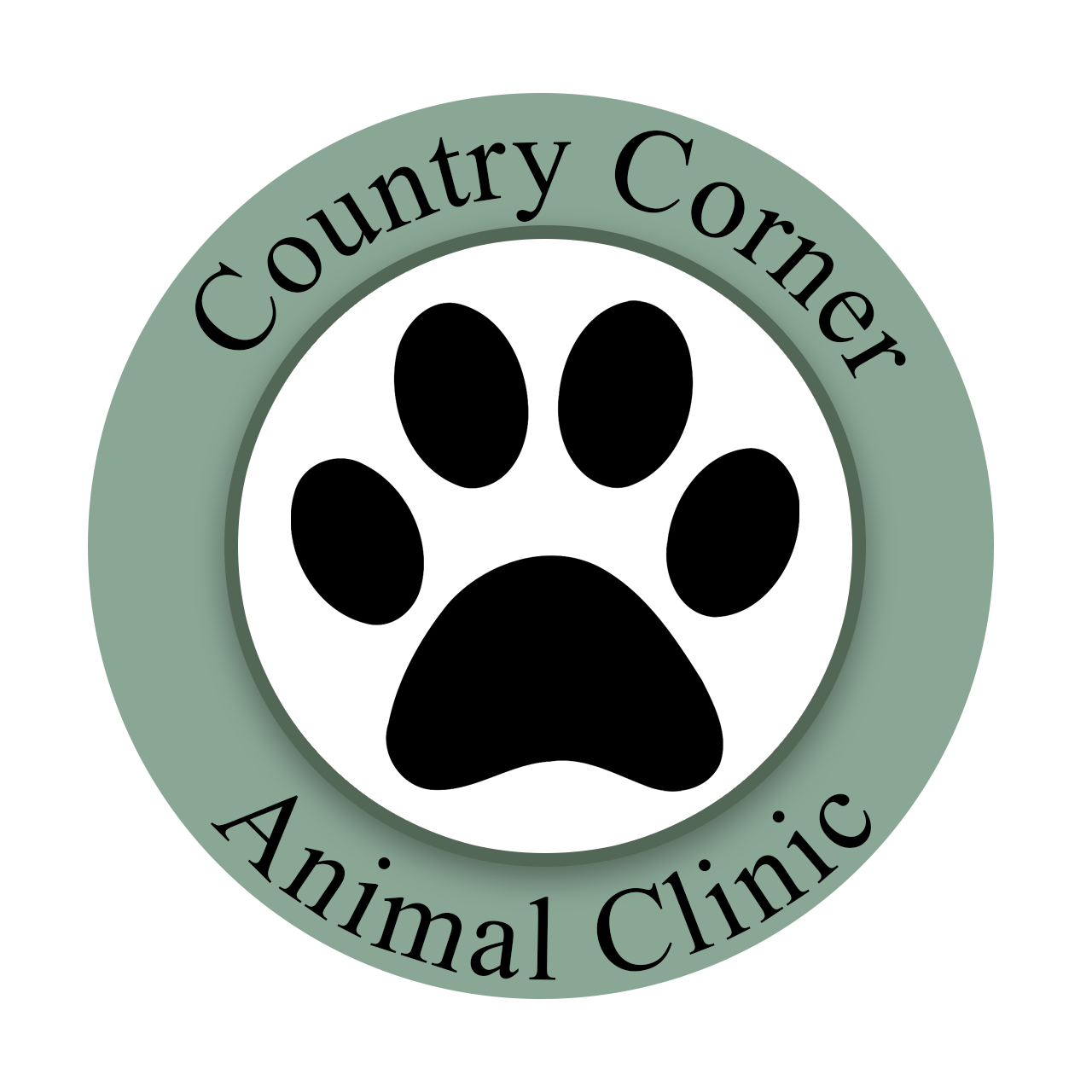Canine parvovirus is a highly contagious virus that can affect all dogs, but unvaccinated dogs and puppies younger than four months old are the most at risk. Dogs that are ill from canine parvovirus infection are often said to have “parvo.” The virus affects dogs’ gastrointestinal tracts and is spread by direct dog-to-dog contact and contact with contaminated stool, environments, or people. The virus can also contaminate kennel surfaces, food and water bowls, collars and leashes, and the hands and clothing of people who handle infected dogs. It is resistant to heat, cold, humidity, and drying, and can survive in the environment for long periods of time. Even trace amounts of stool containing parvovirus may infect other dogs that come into the infected environment. It can be transmitted from place to place on the hair or feet of dogs or via contaminated cages, shoes, or other objects.
Signs of parvovirus
Some of the signs of parvovirus include lethargy; loss of appetite; fever; vomiting; and severe, often bloody, diarrhea. Vomiting and diarrhea can cause rapid dehydration, and most deaths from parvovirus occur within 48 to 72 hours following the onset of signs. If your puppy or dog shows any of these signs, you should contact your veterinarian immediately.
Treatment
While no specific drug is available that will kill the virus in infected dogs, treatment consists primarily of efforts to combat dehydration by replacing electrolyte and fluid losses, controlling vomiting and diarrhea, and preventing secondary infections until the dog’s immune system is able to fight the virus. Due to the highly contagious nature of parvovirus, infected dogs must be isolated in order to prevent the spread of the infection.
Preventing parvovirus
The best way to prevent parvovirus is through good hygiene and vaccination. Make sure to get your puppies vaccinated, and that your adult dogs are kept up to date on their parvovirus vaccination. Talk to your veterinarian about a canine parvovirus vaccination plan that is best for your pet. Until a puppy has received its complete series of vaccinations, pet owners should use caution when bringing their pet to places where young puppies or dogs with unknown vaccination histories congregate.
Not sure when your dog had it’s last parvovirus vaccination? Give us a call at 330-684-2426.
Content of this post via American Veterinary Medical Association (AVMA)

